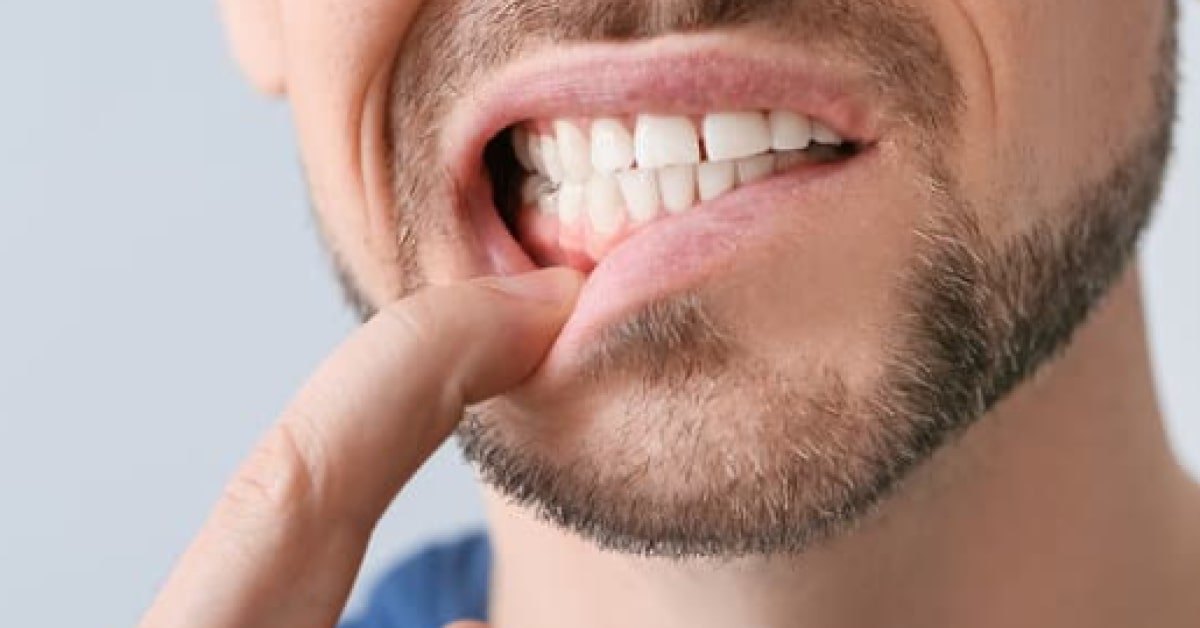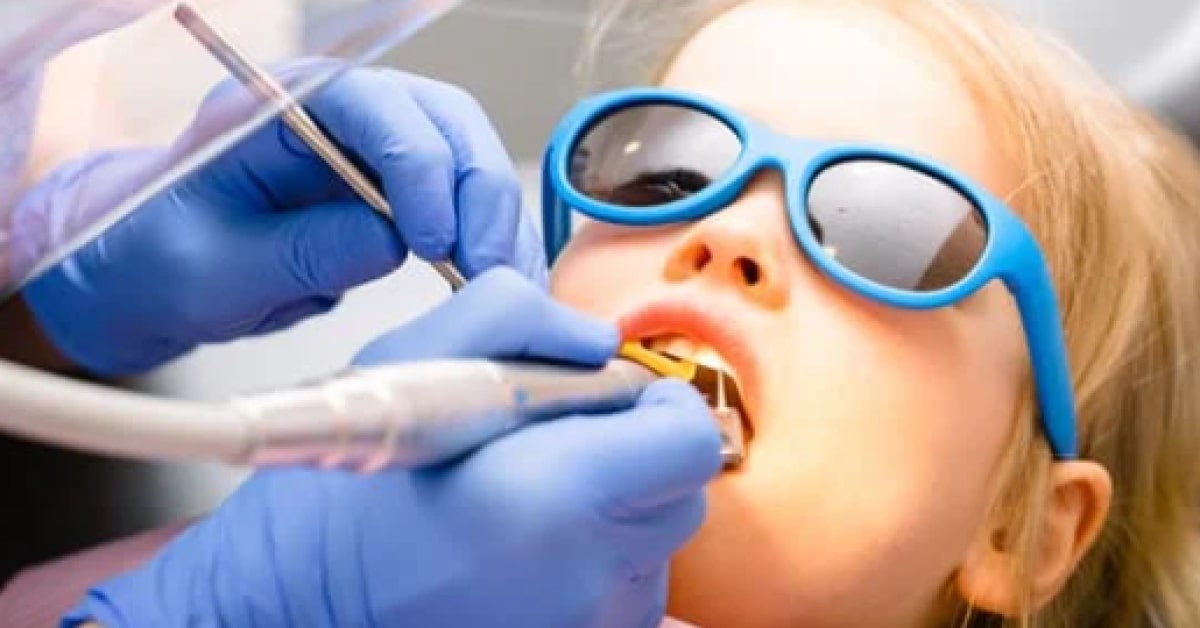Blog
July 25, 2023 • 10 mins readPreventive Measures for Gum Disease: Cost-Effective Strategies for Medical Billing
Learn about the importance of regular dental checkups, proper oral hygiene, and other preventive measures to help reduce the risk of gum disease.
Author
Danielle Duncan

In this Article
Gum disease, also known as periodontal disease, is a common oral health condition that affects a large population worldwide. It is characterized by inflammation of the gums, which can lead to a range of serious complications if left untreated. Thankfully, there are several preventive measures that can be taken to reduce the risk of gum disease and save on costly medical bills for treating gum disease.
By encouraging patients to follow some cost-effective strategies for preventing gum disease and implementing medical billing for dentistry for the treatment of different stages of gum disease, you can help patients maintain good oral and gum health while reducing out of pocket costs.
Regular Brushing and Flossing: The Foundation of Prevention
One of the most fundamental preventive measures for gum disease is for patients to maintain good oral hygiene through regular brushing and flossing. By brushing their teeth at least twice a day and flossing daily, patients can remove plaque and bacteria that contribute to gum inflammation. Not only does brushing with a soft-bristled toothbrush and fluoride toothpaste to effectively clean their teeth and gums help to prevent perio, it can help to make dental checkups and cleanings a breeze!
Professional Dental Cleanings: A Wise Investment
While regular brushing and flossing are essential, they may not be sufficient to remove all accumulated plaque and tartar. By billing medical insurance for dental cleanings and standard exams, it is possible to reduce patient hesitation caused by the cost of professional dental cleanings.
During annual dental cleanings performed by a dental hygienist or dentist, patients are set up for success in the prevention and treatment of gum disease. We all know just how effective in removing stubborn plaque and tartar deposits are in increasing the success of preventing gum disease for patients.
Not only does increasing patient compliance by billing medical insurance help with out of pocket expenses for patients, it can also help to reduce the need for expensive dental treatments in the future.
Maintaining a Healthy Diet: Nourishing Your Gums
The foods we all consume play a significant role in overall oral health. A diet rich in nutrients, especially vitamin C, calcium, and antioxidants, can help strengthen teeth and gums and aid in the prevention of gum disease. Avoiding sugary and acidic foods is also crucial, as they can contribute to tooth decay and gum inflammation. By maintaining a balanced and nutritious diet, we all can promote overall oral health and reduce the risk of gum disease.
Quitting Smoking: Protecting Your Gums and Wallet
It is no secret, smoking is a significant risk factor for gum disease. It weakens the immune system, impairs blood flow to the gums, and slows down the healing process. Quitting smoking is a cost-effective preventive measure that not only improves oral health but also saves patients money in the long run. By eliminating this harmful habit, patients can significantly reduce the risk of gum disease and avoid costly dental treatments.
Regular Dental Check-ups: Early Detection and Prevention
Regular dental check-ups are vital for the early detection and prevention of gum disease. Dentists can identify signs of gum inflammation, measure gum pockets, and provide necessary treatment before the condition worsens. By scheduling routine dental visits, patients can stay proactive in maintaining their oral health and prevent gum disease from progressing to a more severe stage, which can be more expensive to treat.
Remember, gum disease is a common and preventable condition that can have serious implications for oral health and overall well-being in patients. By implementing medical billing for dental treatments and encouraging these cost-effective preventive measures, such as regular brushing and flossing, investing in professional dental cleanings, maintaining a healthy diet, quitting smoking, and scheduling regular dental check-ups, patients can protect their gums and save on costly bills. Remember, preventative measures are usually better than cure when it comes to gum disease.



